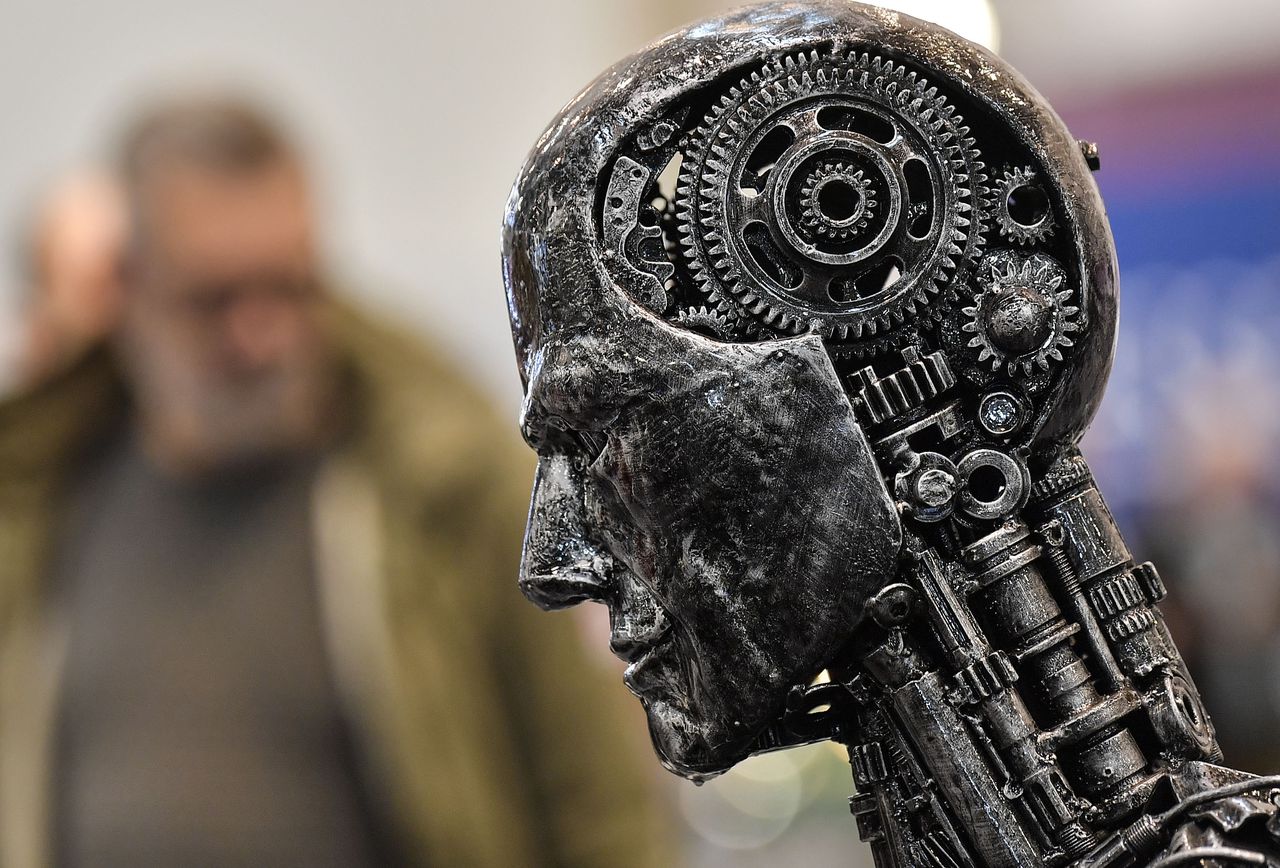
By Henry A. Zumbrun
In a world where precision and accuracy are often taken for granted, the importance of automated force calibration cannot be overstated. While most people may not give much thought to terms like “torque” or “force calibration,” the impact of this technology on our lives is profound and far-reaching.
Picture a world where the devices we rely on every day, from the cars we drive to the medical equipment that saves lives, are built with a level of precision and safety previously unattainable. This is the promise of automated force calibration.
First and foremost, automated force calibration is a game-changer when it comes to product quality and safety. It ensures that the force-measuring devices used in manufacturing and testing are calibrated to perfection. This means fewer defective products on the market and fewer product recalls. Simply, it means safer and more reliable products for all of us.
But it doesn’t stop there. Automated calibration also translates into reduced costs. Businesses can save money and resources by reducing the time and labor required for manual calibration. Moreover, the risk of human error, which can lead to costly product losses, is significantly reduced. This translates into savings for companies, which can, in turn, benefit consumers through more competitive pricing.
Another critical aspect is efficiency. With automated force calibration, businesses can streamline the calibration process, allowing employees to focus on other essential tasks like production and quality control. This makes businesses more efficient and can increase job opportunities in the calibration technology sector.
Compliance with industry standards and regulations is also crucial, and automated force calibration is vital. Standards like ISO/IEC 17025 require businesses to have a robust calibration system for their force-measuring devices. Automated systems help meet these standards consistently, benefiting consumers by ensuring that products meet the highest quality and safety standards.
Now, let’s bring it closer to home. Imagine driving a car. Automated force calibration ensures that the force-measuring devices in your vehicle are calibrated to withstand the forces of a crash, ultimately protecting your life and the lives of your loved ones. When you use medical devices like pacemakers or insulin pumps, automated calibration ensures that these devices work correctly and safely, enhancing your health and well-being. Even the buildings and bridges we depend on for safety and transportation benefit from automated force calibration, ensuring their strength and reliability.
In essence, automated force calibration may seem like a technical and distant concept, but it has the potential to impact our lives in profound ways. It makes our products safer, more reliable, and more affordable. It creates business efficiencies, leads to job opportunities, and ensures compliance with essential industry standards.
As we look to the future, the possibilities are even more exciting. Integrating Artificial Intelligence (AI) and Machine Learning (ML) promises even greater accuracy and efficiency in force calibration. The democratization of this technology, making it accessible to a broader range of industries, will further amplify its positive impact.
Automated force calibration is not just about machines and measurements; it’s about making the world a better, safer, and more efficient place for all of us. It’s about the cars we drive, the medical devices we depend on, and the buildings we trust. It’s about improving our everyday lives, which we can all appreciate, even if we don’t think much about torque or force calibration.
Henry A. Zumbrun is President of Morehouse Instrument Company, Inc., the USA’s leading force and torque calibration provider for more than 100 years, based in York, Pa. For more information, visit https://mhforce.com/
